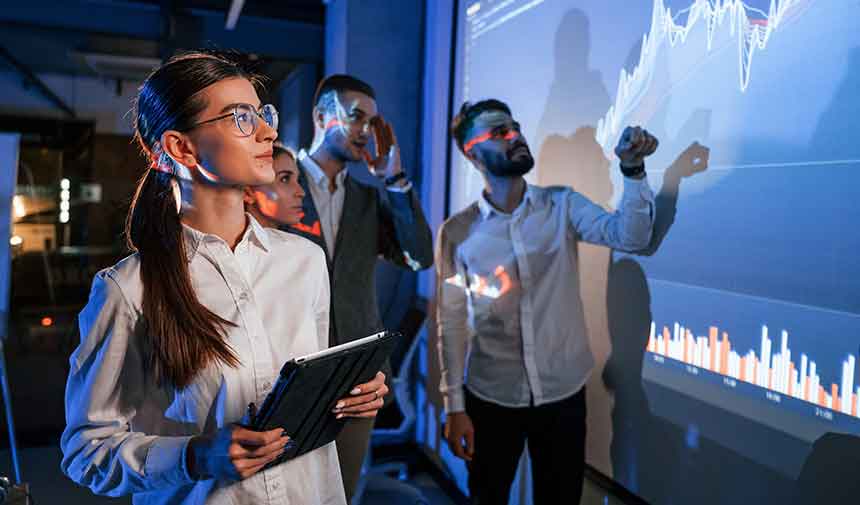Is It Possible to Predict the Future in the Light of Science and Technology?
Throughout human history, the desire to predict the future has always existed. Efforts to learn the future through methods such as prophecies, astrology, and fortune-telling have continued for thousands of years. Today, science and technology have begun to offer more robust and reliable methods in this field. So, is it really possible to predict the future? Let’s take a look at various scientific and technological developments to find the answer to this question.
Scientific Approaches and Data Analytics:
One of the most powerful tools for predicting the future is big data and data analytics. Big data analytics can make predictions about future trends and events by examining huge data sets. For example, data analytics is used to predict the future movements of stock prices in financial markets. These analyses reveal future possibilities by examining past data and current trends.
Machine Learning and Artificial Intelligence:
Machine learning and artificial intelligence (AI) are technologies that have revolutionized the process of predicting the future. These technologies analyze large data sets and discover complex patterns and relationships. For example, weather forecasts are made more accurately using artificial intelligence algorithms. In addition, artificial intelligence systems are used in the medical field for early diagnosis of diseases and treatment planning.
Economic and Social Predictions:
In the field of economics and sociology, predicting the future is usually done with statistical models and economic indicators. Economists use mathematical models to predict macroeconomic variables such as economic growth, unemployment rates, and inflation. Similarly, social scientists make predictions about demographic changes, migration movements, and social trends.
Prophecies and Astrology:
Prophecies and astrology, which offer a historical perspective on predicting the future, are still of interest to some people today. Prophecies argue that important events in the past can be an indicator of similar events in the future. Astrology, on the other hand, makes predictions about personal and global events based on the positions of planets and stars. However, these methods are not based on scientific foundations and their accuracy is debatable.
The Role of Humans in Shaping the Future:
Predicting the future is not limited to technological and scientific tools. People have the power to shape the future. Innovative ideas, inventions, and policies play an important role in determining what the future will be like. For example, measures to combat climate change can directly affect future environmental conditions. Therefore, the decisions we make as individuals and societies help us shape the future rather than predict it.
Challenges in Future Predictions:
One of the biggest challenges in predicting the future is uncertainty. Although science and technology can make predictions about future events, uncertainties and unpredictable factors will always exist. In particular, uncontrollable variables such as human behavior and natural events can affect the accuracy of predictions. Therefore, predicting the future should focus on probabilities rather than definite results.
In conclusion, the subject of predicting the future has made great progress both scientifically and technologically. Tools such as data analytics, artificial intelligence, economic and social models help us make more reliable predictions about future events. However, considering uncertainties and unpredictable factors, it is not possible to predict the future with complete certainty. Instead, it is possible to better understand and shape the future using science and technology.



